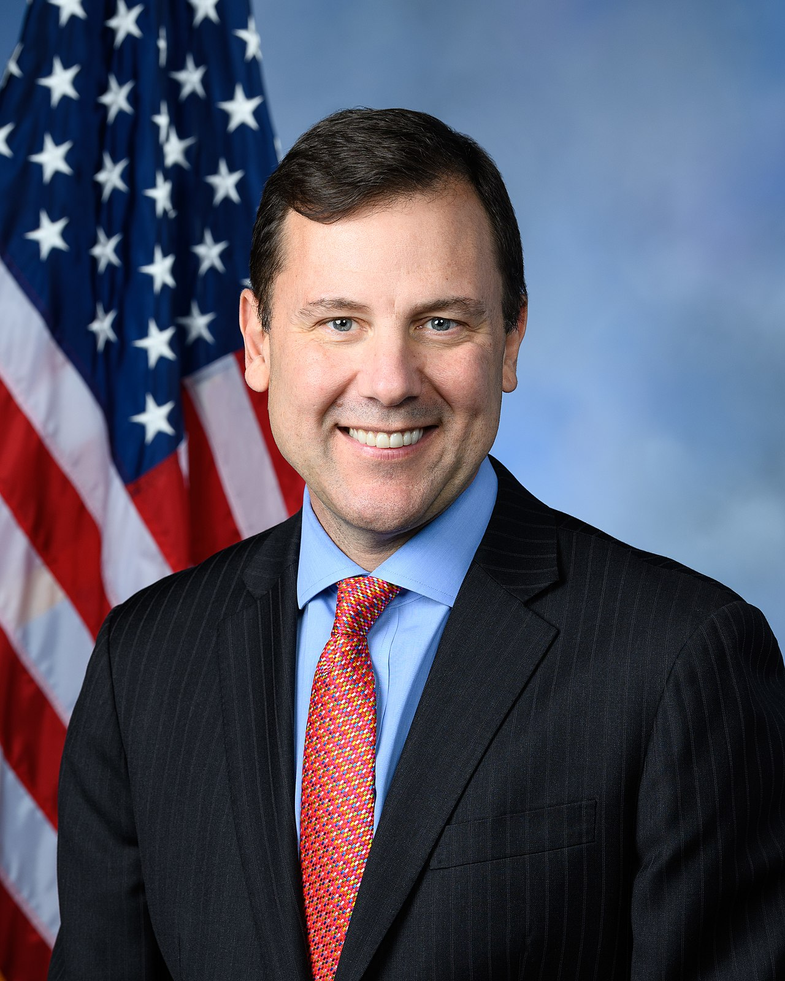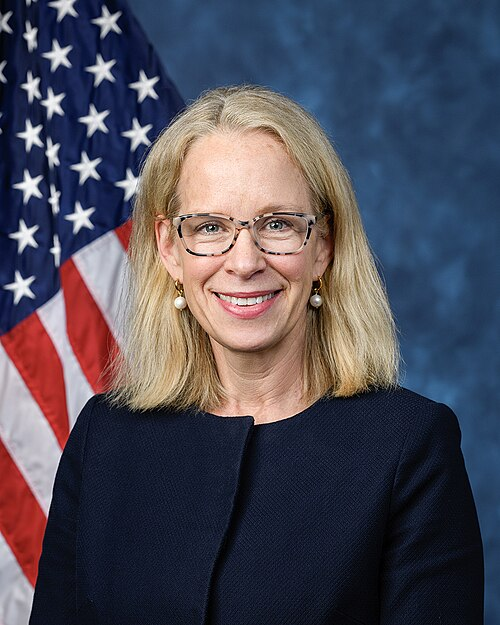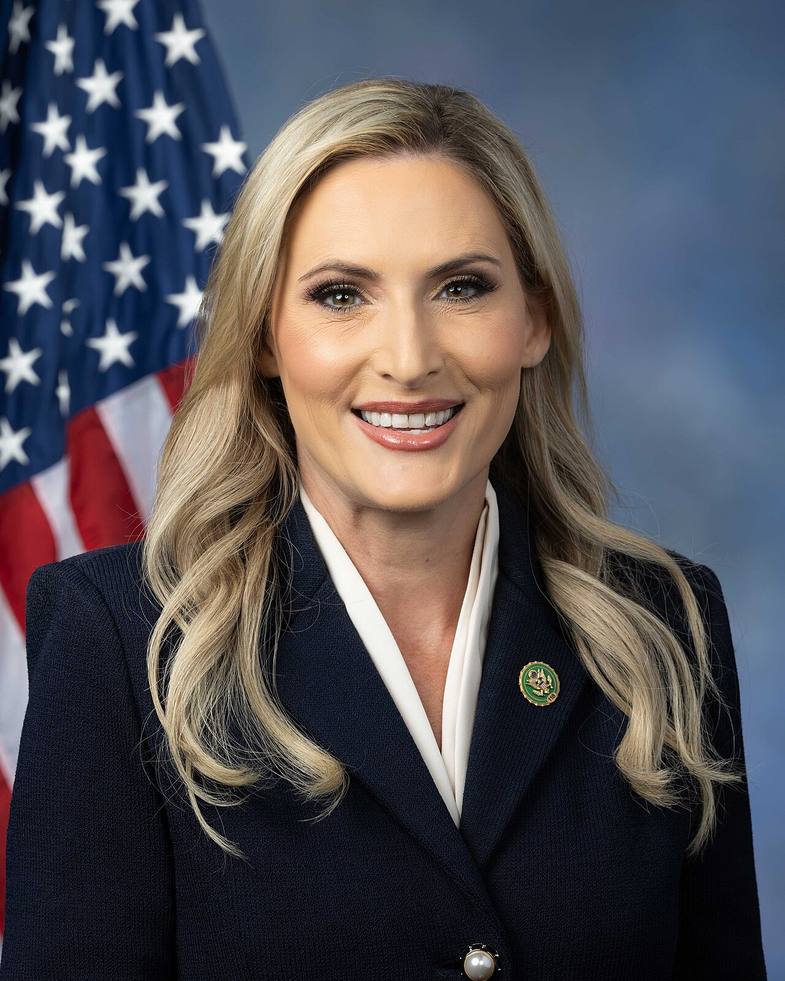H.R. 5197: Protect Beneficiaries from Middlemen Act
This bill, known as the Protect Beneficiaries from Middlemen Act, proposes changes to the Medicare Part D program, specifically regarding the cost-sharing for drugs. Here are the main components of the bill:
1. Limiting Cost Sharing for Drugs
The bill aims to limit the amount that Medicare beneficiaries have to pay out-of-pocket for prescription drugs. Starting from January 1, 2027, for each month’s supply of a covered drug dispensed by a pharmacy, the cost-sharing will not exceed either:
- The average net price of the drug during that plan year, which is derived from the total amount paid for the drug (including what beneficiaries pay) minus any discounts or rebates given to the insurance provider.
- Or, if it is lower, the applicable cash price for that drug available at the pharmacy without any insurance benefits.
2. Definitions of Key Terms
The bill defines two important terms:
- Applicable Cash Price: This refers to the price that a pharmacy would charge a customer for a drug when they are not using any health insurance or federal program benefits.
- Average Net Price: This is the average amount that individuals pay for a drug after factoring in any cost-sharing payments and subtracting any rebates or other payments that reduce the overall cost for the plan.
3. Adjustments for Low-Income Individuals
For low-income beneficiaries, the copayment amount for covered drugs in plan year 2027 and onwards will also be capped according to the new cost-sharing limits outlined in the bill.
4. Accountability and Reporting
The bill requires the Comptroller General of the United States to submit a report to Congress by January 1, 2029. This report must include:
- An analysis of how well the changes have been followed.
- An assessment of the enforcement of the new rules.
- Recommendations for improving enforcement of the regulations.
- Suggestions for enhancing public awareness about the changes and requirements made by this bill.
5. Intent and Purpose
The overarching goal of this legislation is to reduce out-of-pocket expenses for prescription medications for Medicare beneficiaries by limiting cost-sharing to more reasonable amounts. This could help beneficiaries better afford their medications while aiming to enhance transparency in drug pricing and reduce the influence of intermediaries in the pharmaceutical market.
Relevant Companies
- PFE (Pfizer Inc.): As a major pharmaceutical company, changes in Medicare drug pricing policies could affect the sales of their covered prescription drugs.
- JNJ (Johnson & Johnson): This company manufactures various drugs that may fall under Medicare Part D, potentially impacting revenue based on cost-sharing adjustments.
- ABBV (AbbVie Inc.): With several drugs covered by Medicare, AbbVie could see an effect on its product pricing and consumer access due to the changes this bill proposes.
This is an AI-generated summary of the bill text. There may be mistakes.
Sponsors
1 sponsor
Actions
2 actions
| Date | Action |
|---|---|
| Sep. 08, 2025 | Introduced in House |
| Sep. 08, 2025 | Referred to the Committee on Energy and Commerce, and in addition to the Committee on Ways and Means, for a period to be subsequently determined by the Speaker, in each case for consideration of such provisions as fall within the jurisdiction of the committee concerned. |
Corporate Lobbying
0 companies lobbying
None found.
* Note that there can be significant delays in lobbying disclosures, and our data may be incomplete.





































